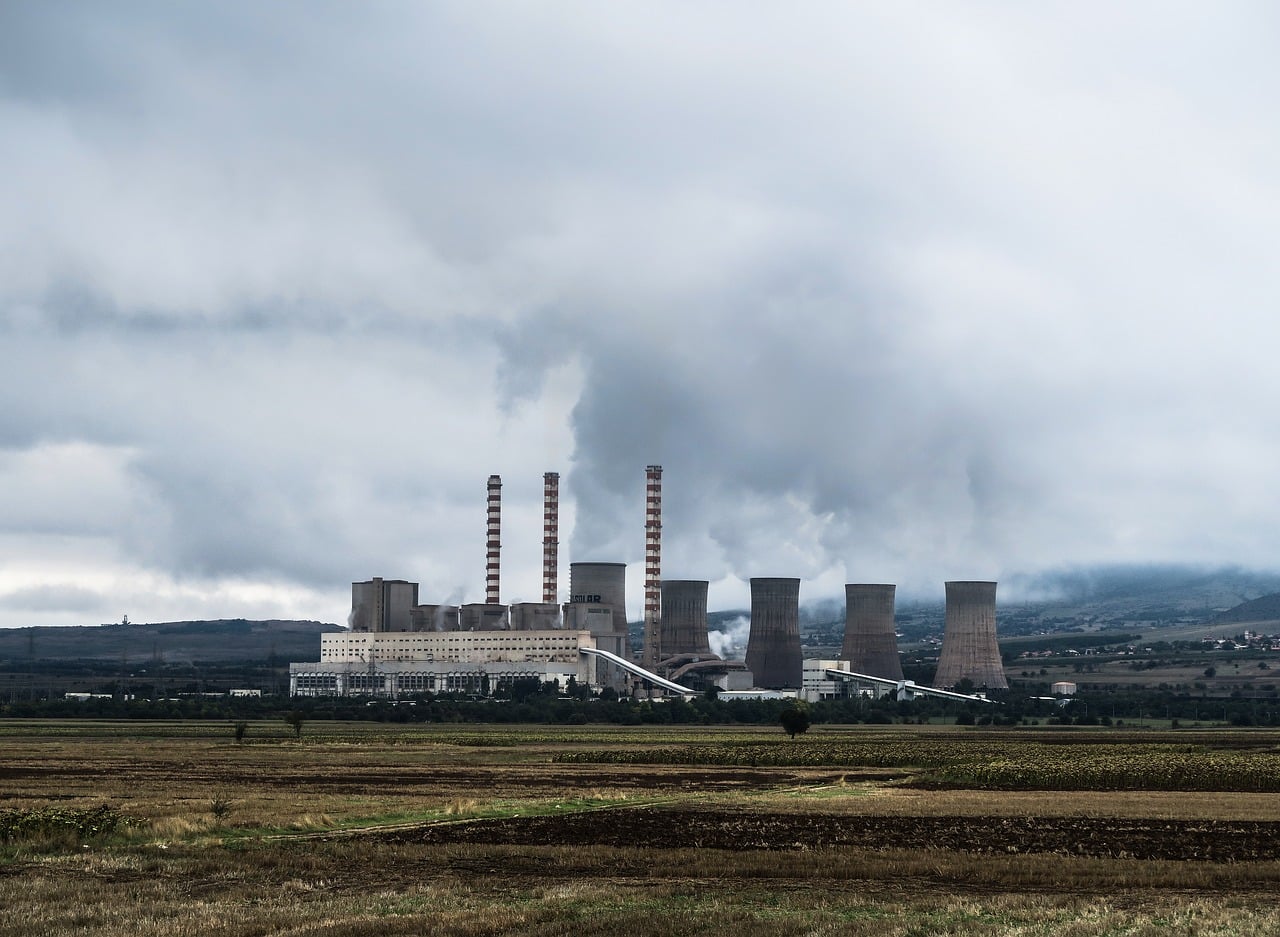Some experts agree that the soaring prices of fossil fuels worldwide are building the case of an “energy crisis,” which could send shockwaves in the U.S. economy and its consumers, and also have an impact in energy policies in the country.
Q3 2021 hedge fund letters, conferences and more
According to MarketWatch, “Energy assets from natural-gas futures NG00, 2.45% to crude-oil CL.1, 1.19% have been trading at or around multiyear highs, with the ascent notable for its pace and severity.”
Energy Crisis
As things stand the U.S. and the world at large, the ensuing energy policies will have a huge impact on the world’s attempt at transitioning from crude oil and its byproducts towards renewable power sources.
On Monday, the U.S. benchmark price of oil hit $81 and traded just below $82 a barrel, in unison with soaring natural gas prices in Europe ahead of the winter period, with supply at a low.
Natural gas prices in America also reached their highest level in 13 years last week, and they have room to continue rising.
Helima Croft, global head of commodity strategy at RBC and former senior economic analyst at the CIA, told MarketWatch: “It’s almost like everything that could go wrong, did go wrong. It’s a multifaceted story.”
Experts are trying to put matters in perspective to define how the world reached this point, and what it means that economies might enter an energy crisis, as the supply of energy resources is reaching blockage stage, triggering fears of global economy damage.
Energy Crisis Causes
According to Goldman Sachs head of commodity research Jeffrey Currie, an “energy crisis” is the phenomenon of “not enough [energy] supply to go around to meet demand.”
Growing prices are caused by several converging elements, experts say: the economic rebound after long pandemic restrictions, concerns about the capacity of energy producers to satisfy the demand, and “decisions by China, one of the world’s largest importers of energy products.”
According to data from the Paris-based International Energy Agency and quoted by MarketWatch, the pandemic could have reinforced an existing trend in which investment in fossil fuels is waning.
Global lockdowns in 2020 helped to “limit the spread of the deadly virus delivering a notable gut punch to crude-oil production.”
As reported by Aljazeera, the EU has put forward tax reductions on energy bills and financial help for poorer households to mitigate the increasing gas prices.
“We have to make our energy system better prepared and more resilient so we don’t have to face a similar situation in the future,” European Commissioner for Energy Kadri Simson said.






